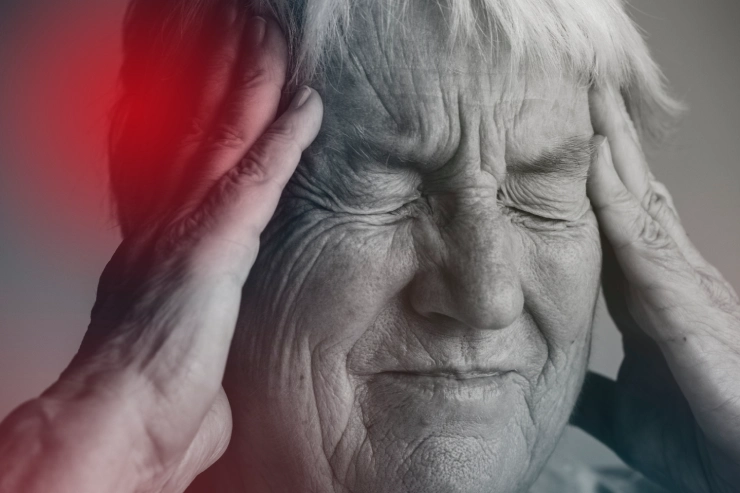
Memory problems are common and can range from occasional forgetfulness to more serious cognitive issues that affect daily life. While minor memory lapses are a normal part of aging, frequent or severe memory issues can be a sign of underlying health concerns. Understanding the types, causes, and ways to improve memory can help manage these challenges effectively.
Types of Memory Problems
Short-Term Memory Loss – Difficulty recalling recent information, like where you placed your keys or what you just read. This can be due to age, stress, or lack of focus and is generally mild.
Long-Term Memory Loss – Challenges in remembering past events, significant dates, or names. This may develop over time and can be more pronounced in cases like Alzheimer’s disease.
Mild Cognitive Impairment (MCI) – A stage between normal age-related memory issues and dementia. People with MCI may notice problems with memory but can still perform everyday tasks independently.
Dementia – A more serious memory condition where memory loss is severe and can interfere with daily functioning. Alzheimer’s disease is the most common cause of dementia, involving both memory and cognitive decline.
Causes of Memory Problems